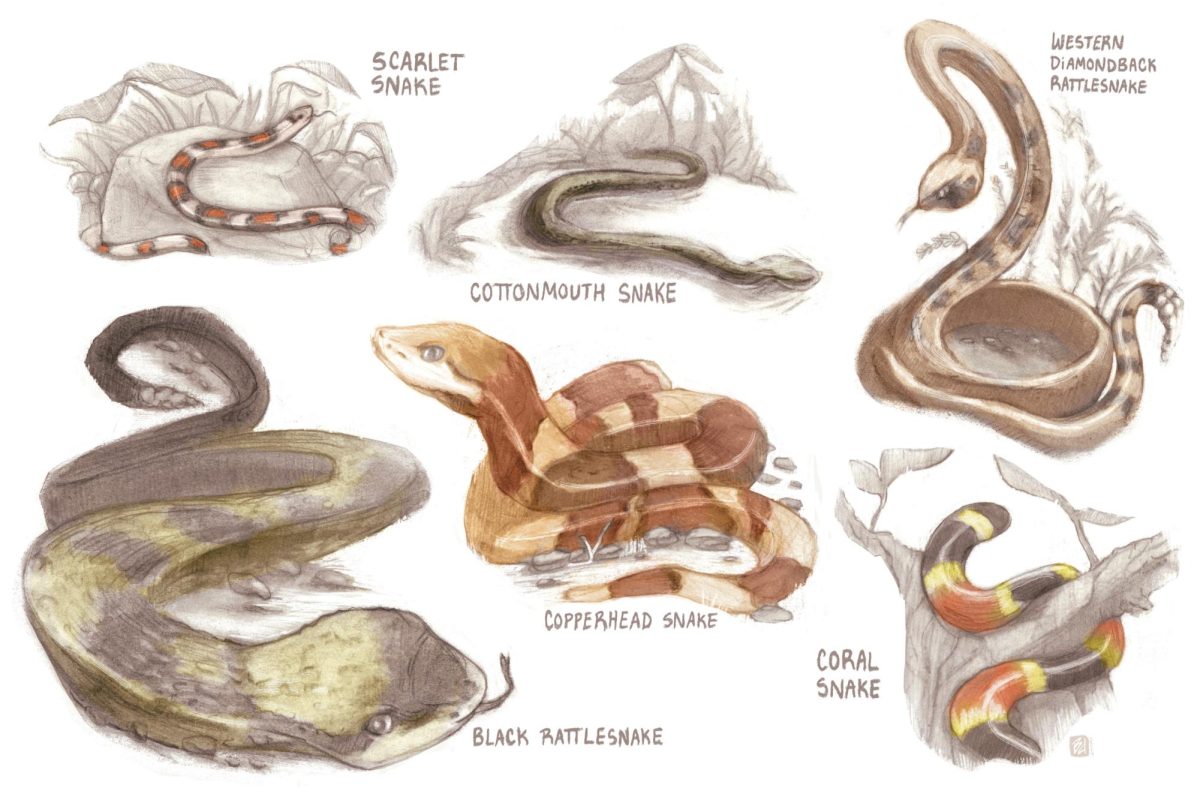The Green Queen discusses the harmful effects of animal agriculture on the environment.
By Monica Mitrovic
Copy Editor/Editorial Proofreader

There’s no denying that climate change is real. Some indicators of global warming include sea levels rising, oceans warming and fluctuating weather patterns. And one of the causes of global warming is animal agriculture.
“Human activities are responsible for almost all of the increase in greenhouse gases in the atmosphere over the last 150 years,” according to the U.S. Environmental Protection Agency. The primary sources of greenhouse gas emissions in 2015 in the U.S. included electricity production, transportation, industry, commercial businesses and residential homes, agriculture and land use and forestry.
According to the EPA, agriculture accounted for 9 percent of greenhouse gas emissions in the U.S. in 2015. This includes the cultivation of livestock, agricultural soils and rice production. However, combine that percentage with land use and forestry’s offset of 11.8 percent in 2015 greenhouse gas emissions, which roughly tallies 20.8 percent of greenhouse gas emissions in 2015. According to a report by The Humane Society of the United States, or HSUS, report on the impact of industrialized animal agriculture, the Food and Agriculture Organization of the United Nations reported animal agriculture accounted for 18 percent of global greenhouse gas emissions in 2006.
WASTE PRODUCTION
According to The Guardian, Edgar Hertwich, lead author of a 2010 United Nations Environment Programme sustainable management report, said: “Animal products cause more damage than [producing] construction minerals such as sand or cement, plastics or metals. Biomass and crops for animals are as damaging as [burning] fossil fuels.” According to the U.N. report, a global shift toward veganism is imperative to save Earth from the worst impacts of climate change.
Factory farms, industrial animal production facilities, generate a significant volume of waste from confined livestock primarily housed indoors, negatively affecting the environment, according to the HSUS report. Some operations generate as much waste as an entire city. The HSUS report also states these operations generate 500 million tons of manure every year.
The waste is applied to fields nearby the operations because transporting it to fields in need of fertilizer is expensive, according to the HSUS report. And because the land cannot properly absorb the waste, exceeding soil capacity, the manure taints water supplies and emits harmful gases into the atmosphere. Approximately 90 percent of manure does not leave the area where it was produced, establishing a looped-cycle of environmental harm.
Fred Busche, Brookhaven College environmental science adjunct, said besides the agriculture business, the burning of fossil fuels pollutes the atmosphere, contributing to global warming.
MELTING CAPS
Busche said the production of carbon dioxide releases methane, which is more effective at capturing sunlight, into the atmosphere. “The more [carbon dioxide] we produce, the greater amount of temperature rises,” he said.
Busche said when the temperature rises in the Arctic, the partially decayed organic matter with methane in it will be liberated, causing methane explosions that will accelerate the climate warming issue humanity faces.
The issue with melting ice caps is that ice and fresh water are less dense than seawater, Busche said. Increased sea levels cause issues associated with flooding in low-laying places. He said the reason recent hurricanes have been stronger is because of an increase in sea temperature. “The ocean is about three degrees warmer than it has been in the past this fall,” he said. The creation of energy occurs during heating, he said. As a result, that energy can change the weather, which made the hurricanes more severe than they have been in the past, he said.
“As long as we keep increasing the amount of energy that’s trapped, there’s a good chance that what we saw this year could happen again and again,” Busche said.
Humanity still has time if we start working on the climate issue now, Busche said. The obvious thing to help is use other sources of energy besides fossil fuels. Alternatives include hydrogen powered and electric powered cars, natural gas, nuclear and hydroelectric plants and wind turbines. “Waves produce energy,” Busche said. “Tides produce energy. None of those are connected to any kind of issue associated with production of [carbon dioxide] and methane or any of the other greenhouse gases.”






